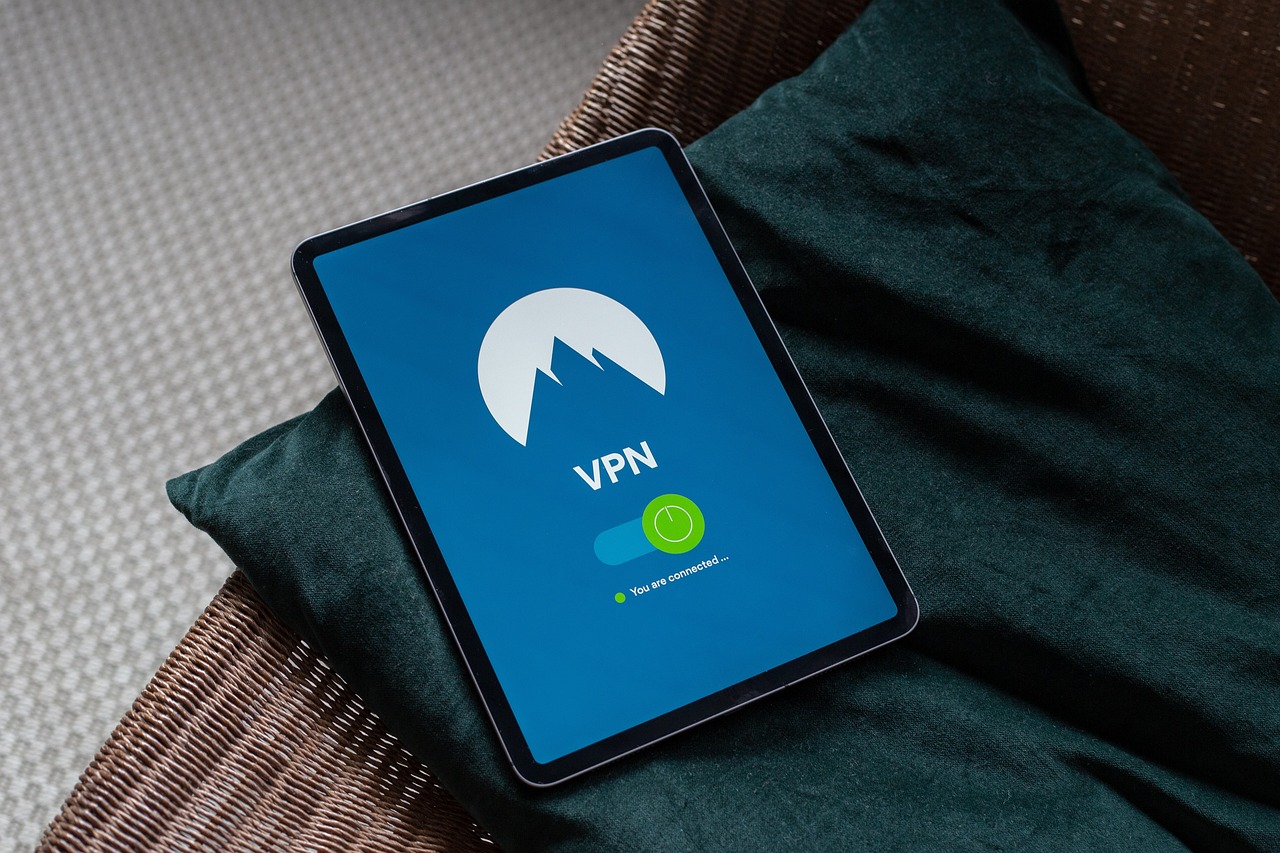Adware, also known as ad-supported software or ad plug-ins, is a common type of application designed to display advertisements to users for revenue. However, some adware can become annoying, intrusive to the user experience, and may even raise security concerns. In this article, we'll explore how to use a VPN to protect yourself from adware and provide some useful guidelines to avoid these issues.

I. Threats of adware
The main threats of adware include the following:
1. Annoying ads: Adware may display a large number of ads in your browser, affecting your browsing experience.
2. Privacy issues: Some adware may track your online activities and personal information and use this information for ad targeting and data analysis.
3. Security Risks: Some adware may contain malicious code, such as malicious links, spyware or ransomware, which may cause your device to be infected or your data to be stolen.
II. Signs that you have been infected by adware
1. Suddenly appearing ads: If you suddenly see a large number of pop-up ads or hover ads while using an application or browsing the web, especially those that are not related to your operation, then adware may be present.
2. Unsolicited redirects: If you click on a link and are redirected to a web page that has nothing to do with the content you originally intended to visit, adware may be at work.
3. Modification of browser settings: If your browser's homepage, default search engine or new tab page has been illegally changed, then it may be the effect of adware.
4. Frequent ad pop-ups: If ads keep popping up and covering your content while you are browsing the web, then adware may be present.
5. Unknown plug-ins or toolbars: If you find add-ons in your browser's plug-ins or toolbars that you have not installed, then there may be adware installed.
6. Unusual network traffic: If you notice a sudden increase in your network traffic and you are not doing a lot of online activity, then there may be adware sending data in the background.
7. System slowing down or freezing: If your device starts to become slow, unresponsive, or even freezes, it may be due to adware running in the background consuming resources.
8. Uninstallable apps: If you try to uninstall the app but it seems that it can't be removed completely, then there may be adware.
10. Strange pop-ups: If you see strange pop-ups or advertisements that may claim to provide services such as virus scanning, system optimization, etc., then they may be scam ads.
III. How does a VPN help avoid adware?
A Virtual Private Network (VPN) is a powerful tool that can help protect you from adware. Here's how a VPN can help you avoid adware:
1. Adblocking: Some high-quality VPN offer adblocking features, which automatically block malicious ads and pop-up ads, thus providing a cleaner browsing experience.
2. Privacy: Using a VPN hides your real IP address, which prevents advertisers and trackers from tracking your online activities. This reduces the risk of ad targeting and personal information leakage.
3. Encrypted Communication: A VPN makes your data unreadable in transit by encrypting your web traffic. This protects you from malicious code found in malicious adware.
IV. How to avoid adware?
In addition to using a VPN, there are some other ways to help you avoid adware:
1. Download carefully: Only download apps and software from official and trusted sources, avoid downloading software from unknown sources.
2. Update software: Keep your operating system, browser and security software up-to-date to ensure that your device is not vulnerable to malicious programs such as adware.
3. Use an ad blocker: Installing an ad blocker plug-in in your browser can help you block most of the annoying ads.
Review app permissions: On your mobile device, review app permission requests to ensure that apps do not collect personal information without your consent.
Summarize.
Adware can be a threat to your online experience and privacy, but by using a VPN and other security measures, you can better protect yourself from it. Choose a trusted VPN provider and follow the guidelines for avoiding adware to ensure that your online experience is safer and more enjoyable.
 Email
Email